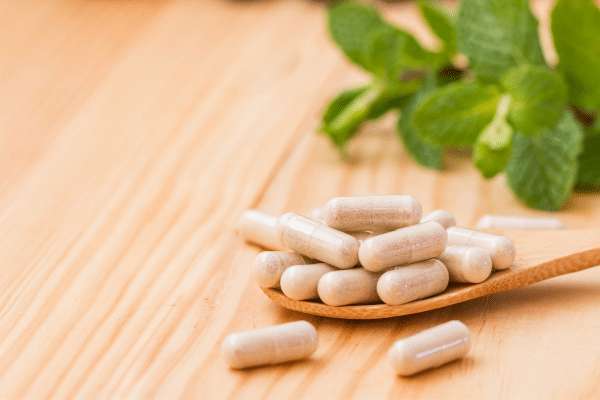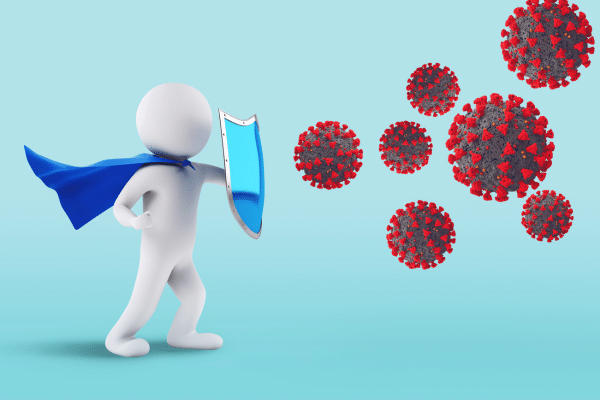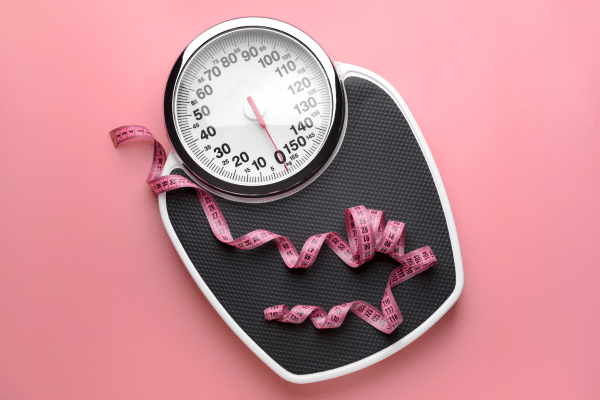Postbiotics are emerging as a critical element in the world of health and wellness, offering a range of benefits that extend beyond traditional nutritional supplements. These powerful compounds, born from the fermentation process within the gut, hold the key to unlocking numerous health advantages. This blog delves into the multifaceted world of postbiotics, exploring their nature, their impact on various aspects of health including immune system enhancement, digestive health, skin vitality, weight management, mood improvement, and cardiovascular health. Understanding postbiotics opens the door to a deeper comprehension of overall well-being and how to nurture it.
Contents
What Are Postbiotics?

Postbiotics are the byproducts of probiotic bacterial fermentation. Unlike their probiotic predecessors, postbiotics are non-living compounds, consisting of various beneficial substances like short-chain fatty acids, peptides, and cell wall components. These substances play a crucial role in maintaining health, providing an array of benefits without the challenges of maintaining live bacterial cultures. Postbiotics represent a new frontier in the understanding of gut health and its systemic effects.
Unlike probiotics and prebiotics, postbiotics offer a unique set of advantages. They are more stable and have a longer shelf life, making them more convenient for everyday use. Furthermore, as non-living entities, postbiotics eliminate concerns about the survival of live bacteria through the digestive process. This stability and efficiency make postbiotics a promising and practical component of dietary supplements and functional foods.
Health Benefits of Postbiotics
Postbiotics offer a wide array of health benefits, impacting everything from digestive health to mental well-being. Each of the following sections explores a specific benefit, highlighting how these compounds contribute to overall health and disease prevention.
Boosts Immune System

Postbiotics play a significant role in bolstering the immune system. They work by modulating the body’s immune response, enhancing its ability to ward off pathogens. By influencing the activity of immune cells and the production of anti-inflammatory compounds, postbiotics contribute to a more robust and responsive immune system. This aspect of postbiotics is particularly beneficial, considering the increasing exposure to various environmental stressors and pathogens.
Studies have shown that postbiotics can have a notable impact on immune health. For instance, certain postbiotics have been observed to stimulate the production of antibodies, increasing the body’s ability to combat infections. Additionally, they have been linked to a reduction in the severity and duration of respiratory infections, illustrating their potential as a supportive tool in immune health management.
Enhances Digestive Health

Postbiotics significantly contribute to digestive health. Their presence in the gut aids in maintaining a balanced microbial environment, essential for optimal digestion and absorption of nutrients. These compounds work by supporting the integrity of the gut lining, reducing the likelihood of harmful substances leaking into the bloodstream, a condition commonly known as ‘leaky gut.’ This protective role is crucial in preventing various gastrointestinal disorders and improving overall digestive function.
Additionally, postbiotics have been found to alleviate symptoms associated with common digestive issues such as irritable bowel syndrome (IBS) and inflammatory bowel disease (IBD). By modulating inflammation and enhancing the gut’s immune response, postbiotics help manage these conditions more effectively. Their role in promoting a healthy balance of gut flora also aids in regular bowel movements, further contributing to digestive wellness.
Promotes Healthy Skin

The link between gut health and skin condition is well-documented, with postbiotics playing a pivotal role in this relationship. By improving gut health, postbiotics indirectly contribute to healthier skin. They help in reducing systemic inflammation, a key factor in many skin conditions like acne, eczema, and psoriasis. This anti-inflammatory action can lead to clearer, more radiant skin, highlighting the importance of gut health in skincare regimes.
Research also suggests that postbiotics can have a direct impact on skin health. Certain postbiotic compounds have been shown to enhance skin hydration and barrier function, essential for maintaining the skin’s defense against environmental aggressors. This enhancement in barrier function is particularly beneficial in preventing and treating dry skin conditions, making postbiotics a valuable addition to skin health strategies.
Aids Weight Loss

In the context of weight management, postbiotics offer a unique approach. They influence the body’s metabolism, potentially aiding in weight loss and obesity prevention. By affecting the way the body processes and stores fat, postbiotics can help in regulating body weight. This is particularly important given the rising prevalence of obesity and related health issues worldwide.
Studies have linked postbiotics to improved insulin sensitivity and a reduced appetite, factors that contribute to weight loss. They also appear to have a role in modulating gut hormones involved in hunger and satiety. This regulation of appetite and metabolism makes postbiotics a promising tool in weight management, offering a natural and effective way to support weight loss goals.
Boosts Mood

The gut-brain axis is a critical pathway through which postbiotics can influence mood and mental well-being. Postbiotics impact neurotransmitter production in the gut, which in turn affects brain function and mood. This connection is essential in understanding the role of gut health in managing stress, anxiety, and depression. By maintaining a healthy gut environment, postbiotics can contribute to improved mental health.
Evidence is mounting on the effectiveness of postbiotics in enhancing mood. Certain postbiotics have been linked to the production of serotonin, a neurotransmitter that plays a key role in mood regulation. This potential to influence mood-related neurotransmitters positions postbiotics as a natural and promising approach to mental health care, complementing traditional treatments for mood disorders.
Improves Heart Health

Postbiotics extend their health benefits to the cardiovascular system. They play a role in reducing inflammation and oxidative stress, two key contributors to heart disease. By mitigating these risk factors, postbiotics can help in the prevention and management of cardiovascular conditions. This is particularly significant given the global burden of heart-related illnesses.
Research has also shown that postbiotics can positively impact cholesterol levels and blood pressure, both critical factors in heart health. By helping to maintain healthy cholesterol levels and supporting vascular function, postbiotics contribute to a healthier cardiovascular system. This underscores the importance of a balanced gut microbiome in overall heart health and disease prevention.
The Bottom Line
Postbiotics are emerging as a vital component in the quest for overall health and well-being. Their diverse benefits, ranging from enhancing digestive health to improving mood and heart health, highlight their integral role in a holistic approach to wellness. As understanding of these compounds deepens, their potential in health management and disease prevention becomes increasingly clear. Incorporating postbiotics into daily routines could be a simple yet effective way to support various aspects of health, reflecting the profound impact of gut health on the body and mind.


